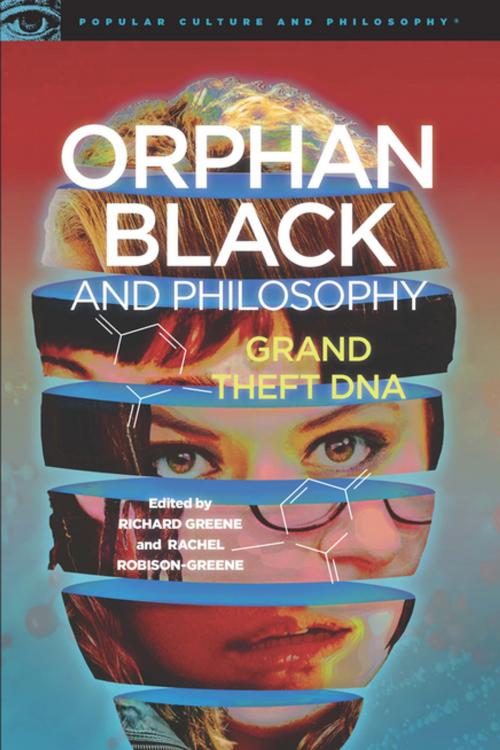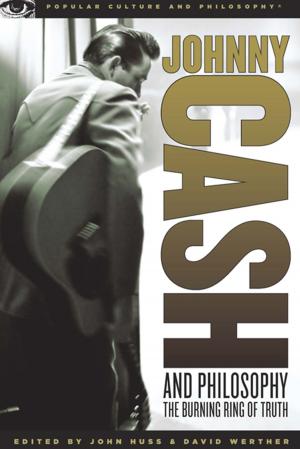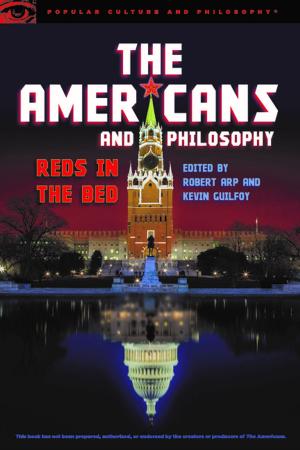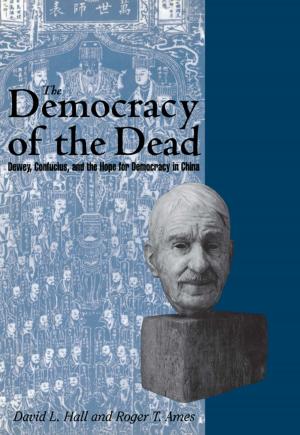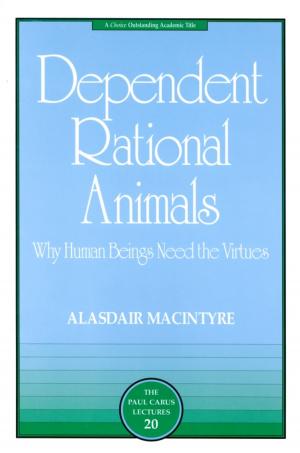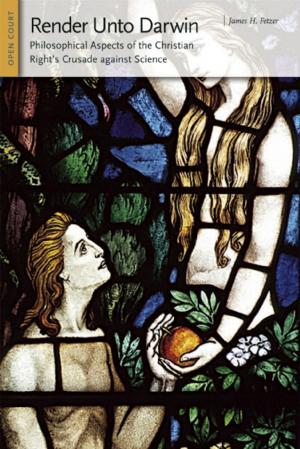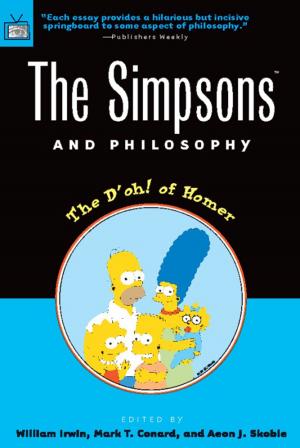Orphan Black and Philosophy
Grand Theft DNA
Nonfiction, Religion & Spirituality, Philosophy, Free Will & Determinism, Science & Nature, Science, Biological Sciences, Genetics| Author: | ISBN: | 9780812699265 | |
| Publisher: | Open Court | Publication: | September 6, 2016 |
| Imprint: | Open Court | Language: | English |
| Author: | |
| ISBN: | 9780812699265 |
| Publisher: | Open Court |
| Publication: | September 6, 2016 |
| Imprint: | Open Court |
| Language: | English |
In Orphan Black, several apparently unconnected women discover that they are exact physical doubles, that there are more of them out there, that they are all illegally produced clones, and that someone is having them killed. They find themselves in the midst of a secret and violent struggle between a fundamentalist religious group, a fanatical cult of superhuman biological enhancement, a clandestine department of the military, and a giant biotech corporation. Law enforcement is powerless and easily manipulated by these sinister forces. The clones are forced to form their own Clone Club, led by the resourceful Sarah Manning, to defend themselves against their numerous enemies and to find out exactly where they came from and why.
Orphan Black continually raises philosophical issues, as well as ethical and policy questions deserving philosophical analysis. What makes a person a unique individual? Why is it so important for us to know where we came from? Should we have a say in whether a clone is made of us? Is it immoral to generate clones with built-in health problems or personality defects - and if so, does that mean that producers of clones must practice eugenic selection? What light does the behavior of members of the Clone Club shed on the nature-nurture debate? Is it relevant that most are heterosexual, one is a lesbian, and one is a transgendered male?
This TV show shows us problems of biotechnology which will soon be vital everyday issues. But what kind of a future faces us when human clones are commonplace? Will groups of human clones have a tight bond of solidarity making them a threat to democracy? If the world is going to be taken over by an evil conspiracy, would it better be a scientific cult like Neolution or a religious cult like the Prolethians? Should biotech corporations be able to own the copyright on human DNA sequences? What rules of morality apply when you can’t trust the police and powerful groups are ready to murder you?
In Orphan Black, several apparently unconnected women discover that they are exact physical doubles, that there are more of them out there, that they are all illegally produced clones, and that someone is having them killed. They find themselves in the midst of a secret and violent struggle between a fundamentalist religious group, a fanatical cult of superhuman biological enhancement, a clandestine department of the military, and a giant biotech corporation. Law enforcement is powerless and easily manipulated by these sinister forces. The clones are forced to form their own Clone Club, led by the resourceful Sarah Manning, to defend themselves against their numerous enemies and to find out exactly where they came from and why.
Orphan Black continually raises philosophical issues, as well as ethical and policy questions deserving philosophical analysis. What makes a person a unique individual? Why is it so important for us to know where we came from? Should we have a say in whether a clone is made of us? Is it immoral to generate clones with built-in health problems or personality defects - and if so, does that mean that producers of clones must practice eugenic selection? What light does the behavior of members of the Clone Club shed on the nature-nurture debate? Is it relevant that most are heterosexual, one is a lesbian, and one is a transgendered male?
This TV show shows us problems of biotechnology which will soon be vital everyday issues. But what kind of a future faces us when human clones are commonplace? Will groups of human clones have a tight bond of solidarity making them a threat to democracy? If the world is going to be taken over by an evil conspiracy, would it better be a scientific cult like Neolution or a religious cult like the Prolethians? Should biotech corporations be able to own the copyright on human DNA sequences? What rules of morality apply when you can’t trust the police and powerful groups are ready to murder you?
